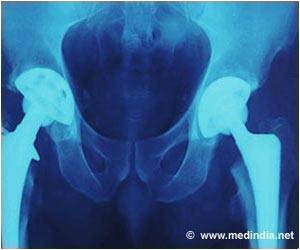People working in the fishing industry in England and Wales have poorer health and higher rates of illnesses or disabilities, reports a 2011 census.

‘People working in the fishing industry have poorer general health in the UK and Wales demonstrating the need for distinct occupational health services to support UK fishing communities.’
Read More..




When adjusted to take account of other factors like age, health outcomes among fishers were statistically only better than workers in two other industries - coal mining and a small number of people who engage in "subsistence" activities.Read More..
The researchers say their findings demonstrate the need for specific occupational health services to support UK fishing communities.
"Poor health outcomes among fishers extend beyond the risk of fatal accidents," said Dr. Rachel Turner, of the Environment and Sustainability Institute on the University of Exeter's Penryn Campus in Cornwall.
"We found evidence of poorer general health and higher rates of illnesses or disabilities that can impede everyday life.
"Action to improve fishers' health could help support productive fisheries in coastal communities that are facing social, environmental, and political change." The census relies on people reporting information about themselves, and the data do not reveal the specific causes of the health issues highlighted in the new study.
Advertisement
"A growing number of initiatives are emerging to support fishers, including specialized physiotherapy, quayside health checks, and mobile dental services. Our findings strengthen the case for more widespread provision of these services."
Advertisement
Source-Eurekalert









